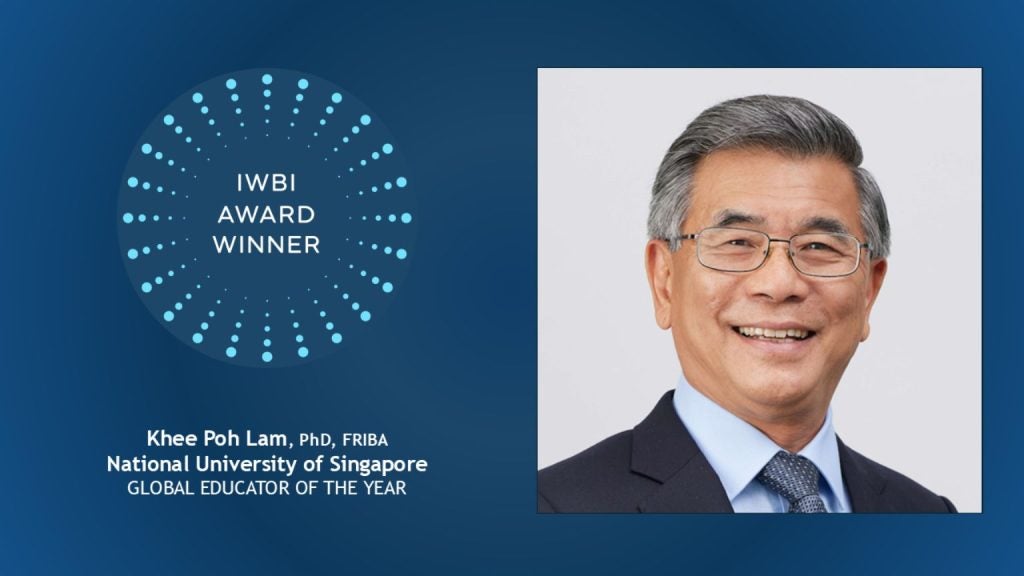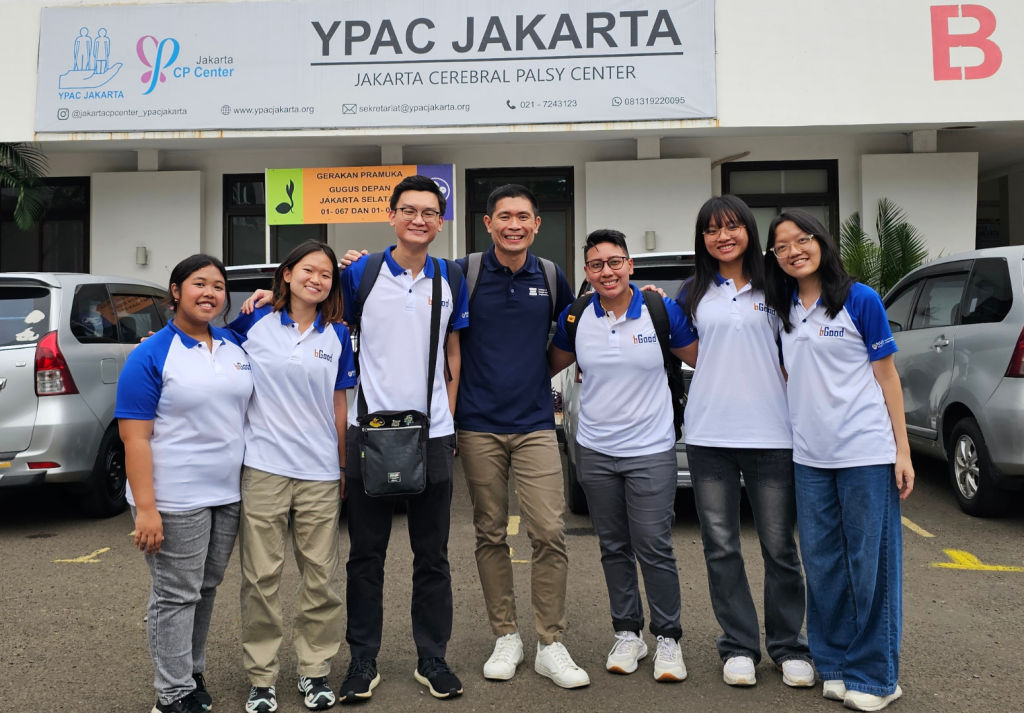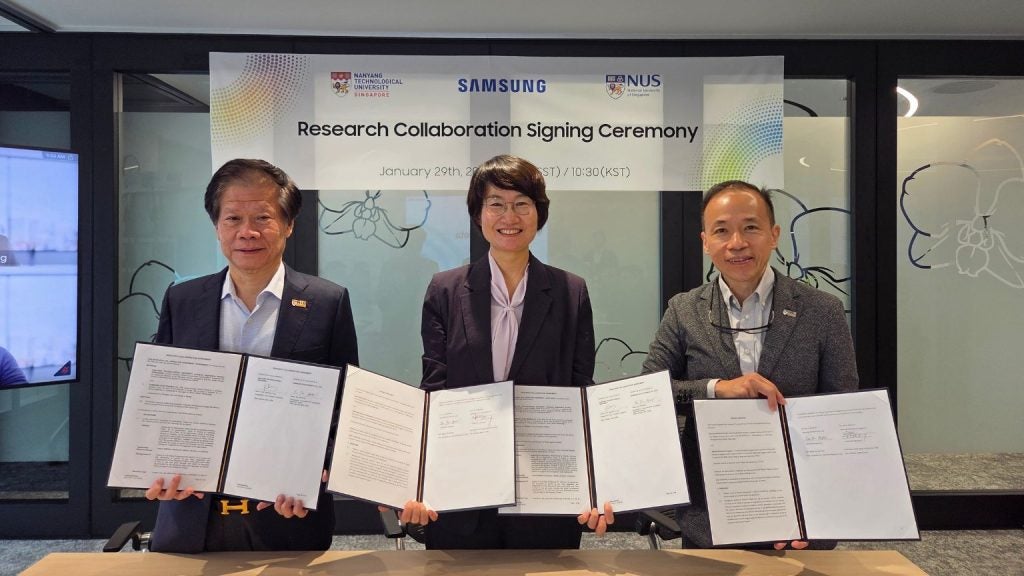
From novel processes to produce hydrogen; to innovative ways to capture, use and store carbon dioxide, seven teams led by NUS Engineering researchers have recently been awarded funding from the Singapore Government to develop cutting-edge low-carbon energy technology solutions.
The research teams are among 12 projects - selected from more than 50 strong research proposals - to receive a total of S$55 million in research grants under the under the Low-Carbon Energy Research Funding Initiative (LCER FI). The grant announcement was made in conjunction with the 14th Singapore International Energy Week, running from 25 to 29 Oct.
Together the projects aim to improve the technical and economic feasibility of implementing low-carbon technologies to support the decarbonisation of Singapore's power and industry sectors, across two key areas:
reducing costs and increasing efficiencies of hydrogen-related processes so as to harness hydrogen's attractiveness as an energy carrier for storing and transporting energy;
and cutting carbon dioxide emissions by capturing and converting them into useful products or for storage underground.
In total eight projects were awarded to NUS in the announcement - seven led by researchers from NUS Chemical and Biomolecular Engineering, and one led by a researcher from NUS Chemistry and NUS Physics. The seven researchers from NUS Engineering are:
- Professor Iftekhar Karimi
- Associate Professor Sibudjing Kawi
- Associate Professor Praveen Linga
- Associate Professor Yan Ning
- Professor Zeng Hua Chun
- Assistant Professor Zhang Sui
- Associate Professor Zhao Dan
All of the projects are collaborative in nature with strong support from industry.
Emerging hydrogen solutions
One research team led by Associate Professor Yan Ning will look at developing robust and more efficient ammonia cracking technologies to release hydrogen. This will lower the energy penalty of transporting hydrogen and reduce the cost of hydrogen adoption in Singapore.
Another hydrogen-related project led by Associate Professor Sibudjing Kawi aims to improve the process of methane pyrolysis - catalytic cracking and separating nature gas (methane) into hydrogen and solid carbon. If successful, this can reduce the cost of hydrogen production in Singapore and at the same time produce valuable carbon products.
Other projects to receive grants will study innovative approaches to capture, utilise and store carbon.
Two teams will look at ways to capture carbon dioxide from exhaust fumes more efficiently. Assistant Professor Zhang Sui is working with her team to achieve this by using hollow fiber membranes, while another team led by Associate Professor Zhao Dan will address this challenge by using state-of-the-art framework sorbents.
Improving the economic attractiveness of carbon utilisation is equally important in helping to remove carbon from the environment. One team led by Professor Zeng Hua Chun is developing low-energy approaches to produce alcohols and fuels from carbon dioxide.
In parallel, another NUS team led by Professor Chen Wei from NUS Chemistry and NUS Physics is looking at reducing the energy requirement for producing important commodity chemicals (such as ethylene and propanol) using carbon dioxide and water as feedstock.
To pave the way for long term storage of captured carbon dioxide, Professor Praveen Linga is leading a team of researchers to design, build and validate the potential of storing carbon dioxide in deep-ocean sediments as gas hydrates.
In order for Singapore to transit smoothly to a low-carbon economy, it is crucial for lab-based innovations to be scaled up for deployment in industries. Professor Iftekhar Karimi and his team will develop digital toolkits that predict the system level performances of low-carbon technology projects, to guide these projects towards faster and successful scale-up.
'Collective endeavour'
Commenting on the significance of these projects, Minister for Trade and Industry Mr Gan Kim Yong said: "As an alternative energy-disadvantaged country, we have to invest early in low-carbon energy technologies such as hydrogen, and carbon dioxide capture, utilisation and storage, so that we are able to meet emission targets in 2050 and beyond. They will complement decarbonisation efforts such as solar deployment and low-carbon electricity imports into Singapore, which can contribute to emission cuts in the nearer term."
NUS Vice President (Research and Technology) Professor Liu Bin said: "Tackling climate change to secure a sustainable future is a pressing and collective endeavour that calls for integrated solutions. At NUS, our researchers are actively looking for new and more efficient ways of realising low-carbon pathways to help Singapore achieve its green goals. The new funding through LCER FI is a strong impetus to our efforts in pioneering innovative and cost-efficient low-carbon energy technologies, and scaling them for large-scale implementation."
This is a version of an article originally published on NUS News





